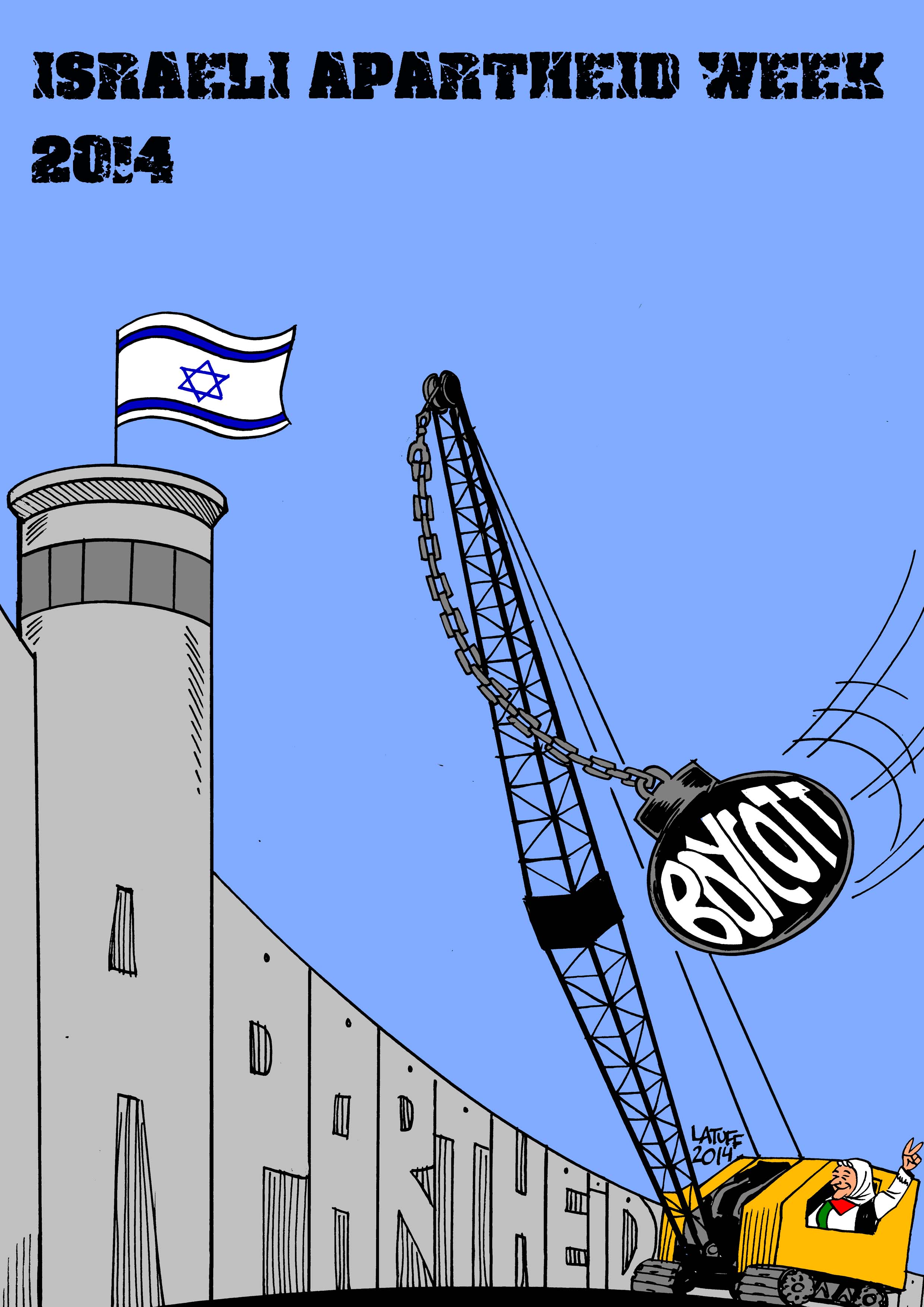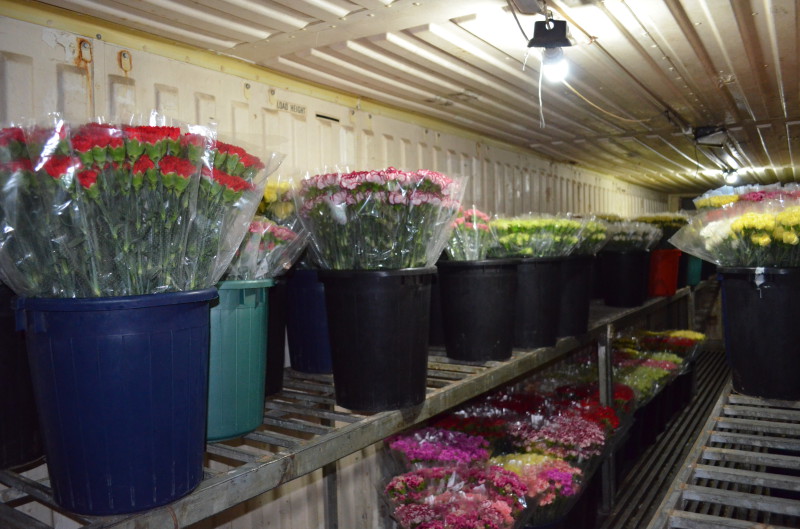Author: ISM Media
-
Announcing Israeli Apartheid Week 2014
14th February, 2014 | Israel Apartheid Week | Various Locations Israeli Apartheid Week (IAW) seeks to raise awareness about Israel’s apartheid policies towards the Palestinians and to build support for the growing Boycott, Divestment, and Sanctions (BDS) campaign. Reflecting the global grassroots rejection of Israel’s military and political aggression, IAW was held in more than 200 locations…
-
Will the flowers of Gaza break Israel’s siege this Valentine’s Day?
12th February 2014 | Corporate Watch, Tom Anderson and Therezia Cooper | Gaza, Occupied Palestine Valentine’s Day is almost upon us and for supermarkets and florists that means a massive increase in the sale of flowers. But how many romantic couples consider where the flowers they exchange are grown? Farmers in Gaza have long been encouraged by…
-
Israeli forces protect settlers as they cut down Palestinian family’s trees
12 February, 2014 | International Solidarity Movement, Khalil Team | Hebron, Occupied Palestine On the afternoon of February 11, 2014, settlers in the Tel Rumeida neighborhood of Al-Khalil (Hebron) cut down trees belonging to the Abu Eisheh family. While attempting to film the destruction of the trees, four human rights activists were arrested by Israeli…



